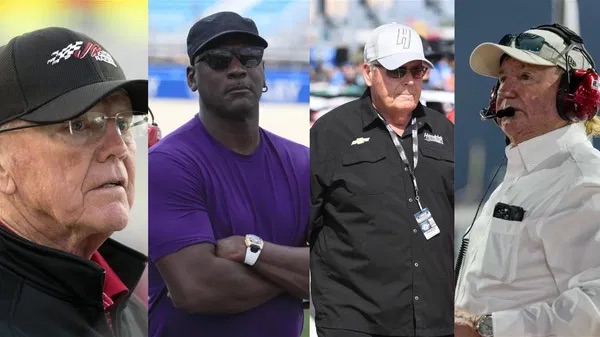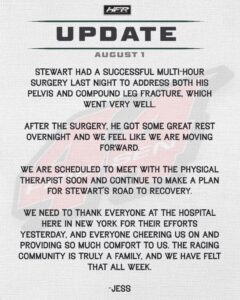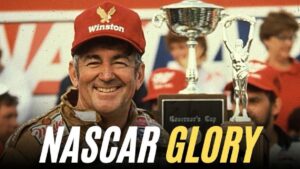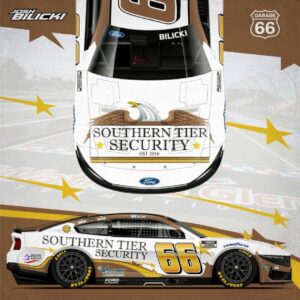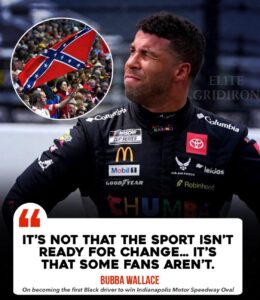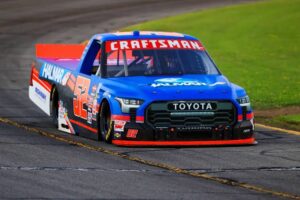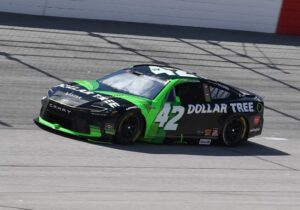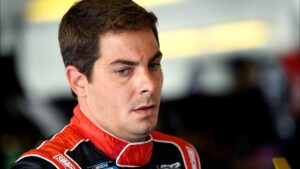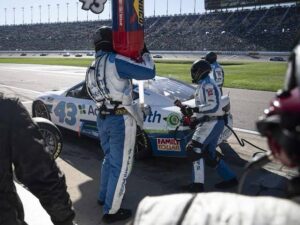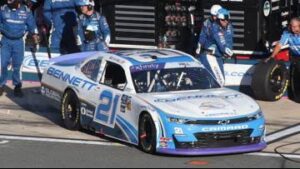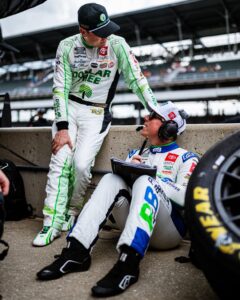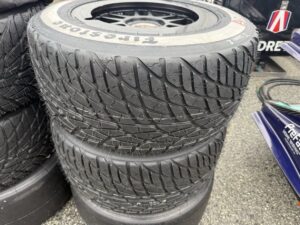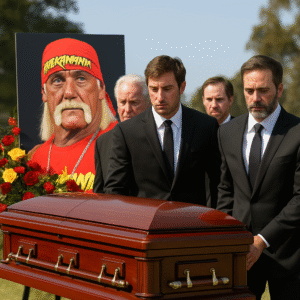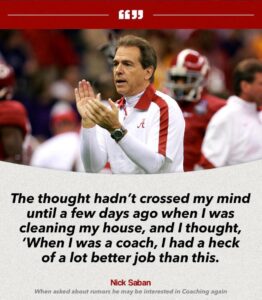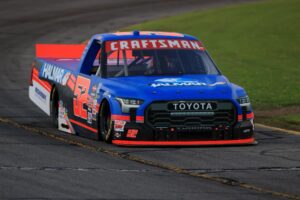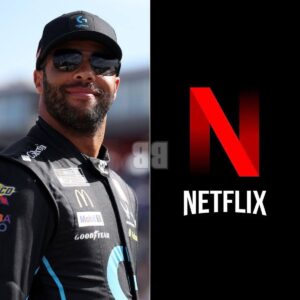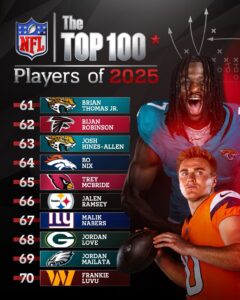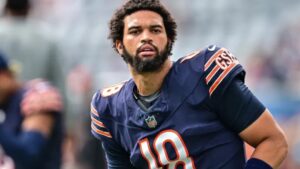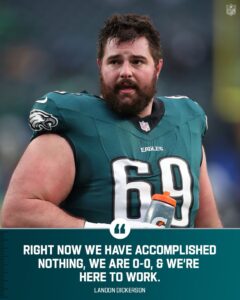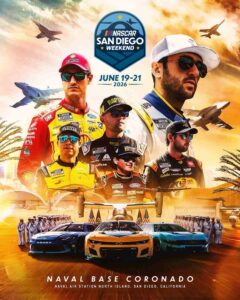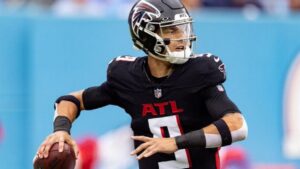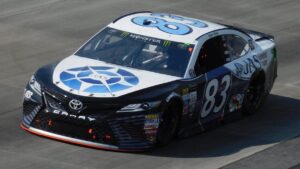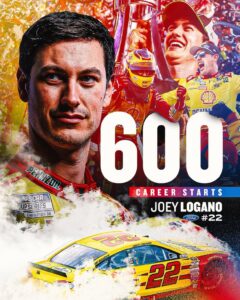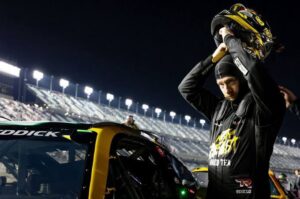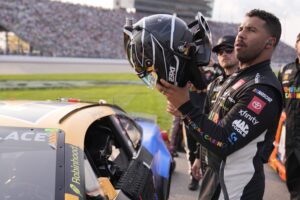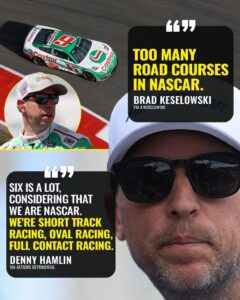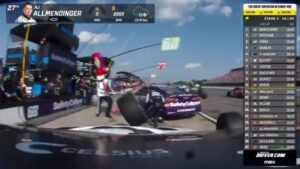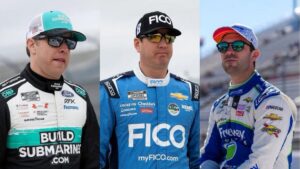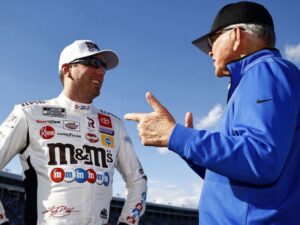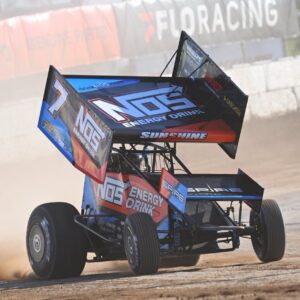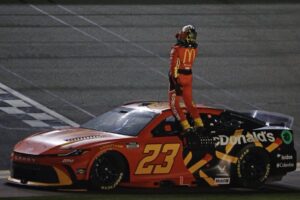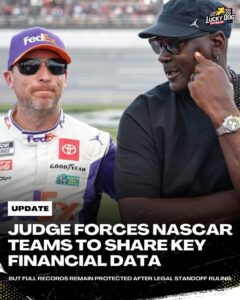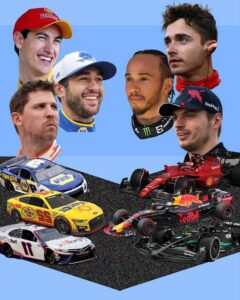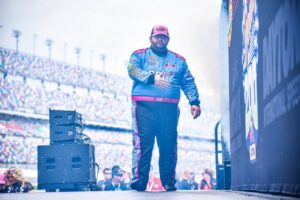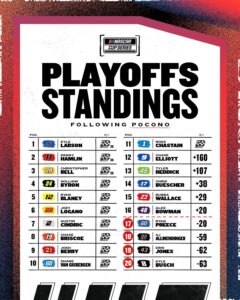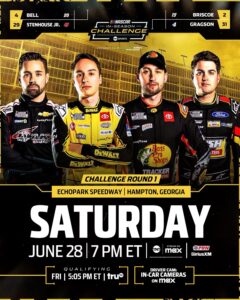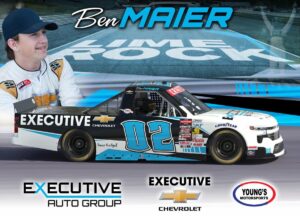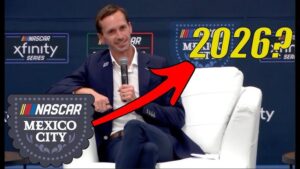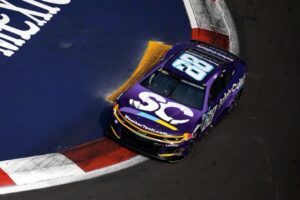NASCAR’s Setback Against Michael Jordan Could Potentially Open the Gates for Other Teams to Follow Suit
In a groundbreaking legal development, NASCAR suffered a significant setback in its dispute with Michael Jordan’s 23XI Racing, a team that has quickly become one of the sport’s most talked-about enterprises. The ruling, which favored Jordan’s organization, has sparked discussions about the broader implications for the sport’s financial model, team independence, and the potential ripple effects on NASCAR’s competitive landscape.
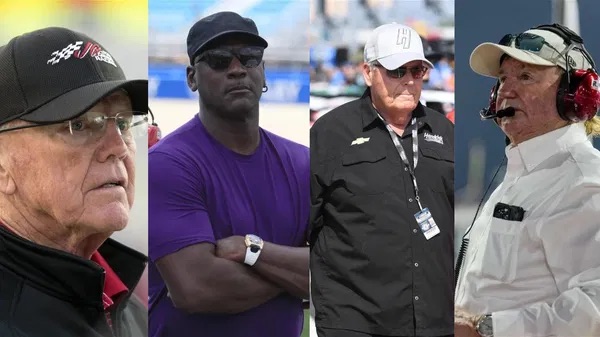
This case isn’t just about one team; it’s about the future of how NASCAR operates and whether this ruling could embolden other teams to push for similar opportunities, fundamentally reshaping the sport.
The Case That Shook NASCAR
At the center of the legal battle was NASCAR’s alleged restrictive practices that limited the autonomy of teams when negotiating sponsorships and expanding operations. 23XI Racing, co-owned by Michael Jordan and Denny Hamlin, argued that these policies hindered their ability to maximize revenue and growth potential.
The court sided with 23XI Racing, granting them greater flexibility in sponsorship agreements and operational decisions. While the exact details of the ruling remain confidential, insiders suggest it represents a paradigm shift in the relationship between NASCAR and its teams.
Why This Matters
NASCAR operates under a unique business model where teams rely heavily on sponsorship revenue to fund their operations. Traditionally, NASCAR has maintained strict control over sponsorship guidelines and team activities to ensure a level playing field and maintain the sport’s image.
This ruling, however, challenges that authority, giving 23XI Racing—and potentially other teams—more freedom to pursue lucrative deals and partnerships that could boost their financial standing.
Racing analyst Dave Rodman explained, “This is a game-changer. Teams have been calling for more autonomy for years, and now they have a precedent. Michael Jordan’s influence and willingness to challenge the system might open the door for other teams to follow suit.”
Implications for Other Teams
The ruling has sent shockwaves through the NASCAR community, with many teams quietly assessing how it could benefit them. Smaller teams, in particular, see this as an opportunity to level the playing field by attracting sponsors without restrictive oversight.
Larger organizations like Hendrick Motorsports and Joe Gibbs Racing may also explore new avenues to enhance their sponsorship portfolios and expand their influence.
“This ruling isn’t just a win for 23XI—it’s a win for every team that’s felt constrained by NASCAR’s policies,” said a team owner who wished to remain anonymous. “The question is, how far will this go, and what will NASCAR do to counter it?”
Potential Risks for NASCAR
While the ruling is a victory for teams, it poses significant challenges for NASCAR. The organization now faces the possibility of losing centralized control, which has been instrumental in maintaining parity and protecting the sport’s brand.
Critics argue that increased team autonomy could lead to a fragmented system, where wealthier teams dominate and smaller teams struggle to compete. NASCAR will need to find a balance between allowing teams greater freedom and preserving the integrity of the sport.
NASCAR President Steve Phelps addressed the issue in a recent statement: “We respect the court’s decision and will work with our teams to ensure a sustainable future for the sport. Our goal has always been to create an environment where every team can succeed while maintaining the values that make NASCAR unique.”
Michael Jordan’s Growing Influence in NASCAR
Michael Jordan’s impact on NASCAR extends far beyond this legal victory. Since entering the sport in 2021 with 23XI Racing, Jordan has brought a fresh perspective, new sponsors, and increased media attention to NASCAR. His success with drivers like Bubba Wallace and Tyler Reddick has demonstrated the team’s competitiveness both on and off the track.
Jordan’s willingness to challenge NASCAR’s traditional structures has earned him praise from other team owners and fans who view him as a catalyst for change.
“Michael Jordan has shown that he’s not just here to participate—he’s here to innovate,” said former driver and commentator Dale Earnhardt Jr. “This ruling is another example of his commitment to pushing NASCAR forward.”
What’s Next for NASCAR?
The ruling has set the stage for a pivotal moment in NASCAR’s history. As teams begin to explore their newfound opportunities, NASCAR must adapt to a shifting landscape while safeguarding the principles that have defined the sport for decades.
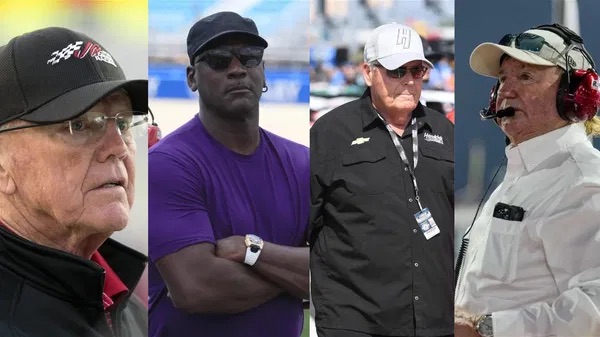
Potential steps NASCAR could take include:
• Reevaluating Sponsorship Policies: Creating a more flexible framework that benefits both NASCAR and its teams.
• Establishing Revenue-Sharing Agreements: Ensuring smaller teams receive financial support to remain competitive.
• Strengthening Team Collaboration: Working with team owners to align on long-term goals for the sport.
A New Era for NASCAR?
NASCAR’s setback against Michael Jordan’s 23XI Racing is more than just a legal defeat—it’s a turning point that could reshape the sport’s future. By challenging NASCAR’s traditional practices, Jordan and his team have paved the way for greater team independence and innovation.
Whether this ruling ultimately benefits the sport as a whole or creates unforeseen challenges remains to be seen. One thing is certain: the doors have been opened, and the racing world is watching closely to see who steps through next.
As NASCAR navigates these uncharted waters, the legacy of this case could define the next chapter in the sport’s storied history.
